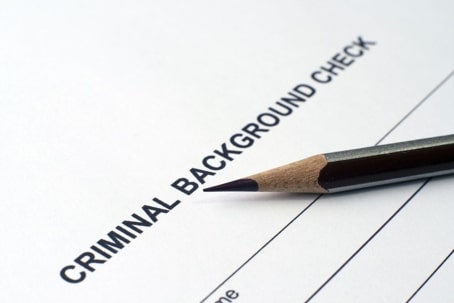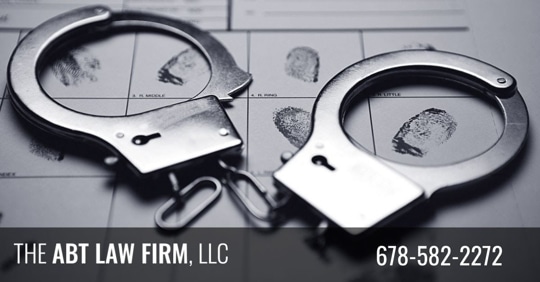Juvenile offenders are one of the most concerning demographics for lawmakers, enforcers, and the government. After all, young people are the future of America and their actions today greatly influence the course of the future. Georgia law has protections in place to prevent juvenile offenders from being labeled as criminals with a record that will preclude them from academic and professional pursuits and haunt them for the rest of their lives.
Georgia law mandates that all juvenile records are confidential unless ordered by a court. Juveniles who have committed offenses that are serious in nature, or who have a record of repeated offenses, may not enjoy the same level of confidentiality and protection. Additionally, juveniles who commit offenses tried in adult court may not benefit from the confidentiality and protection of a sealed criminal record.
What are Collateral Consequences?
A “collateral consequence” is a term that defines the fact that juveniles with a criminal record are likely to suffer the consequences of such a record academically, professionally, and socially. Currently, Georgia does not have specific guidelines in place for informing juveniles, their families, and their legal representatives if collateral consequences exist concerning a juvenile arrest, adjudication, or conviction.
Georgia law does provide protection from collateral consequences in that juveniles who are classified as an adjudicated delinquent, rather than a status offender, are still eligible to apply for the U.S. Military and civil service positions. The reason is that the juvenile has not legally been “convicted” of a crime. Therefore, when completing an application an adjudicated delinquent is not required to list juvenile delinquency records. However, protection does not apply to serious offenses, such as felonies and violent crimes, or convictions where a juvenile is charged as an adult.
Who is Considered a Juvenile in Georgia?
Georgia law considers individuals under the age of 17 juveniles, and over the age of 18 adults. However, any individual 18 and under may be considered a juvenile in the case of status offenders. Georgia law mandates that individuals who are 13-years old and older may be tried in adult court for serious offenses, such as murder, rape, child molestation, or violent offenses. Juveniles 14 and older are required to be transferred to adult court for these serious offenses.
Prosecutors in Georgia have the right to transfer juveniles charged with serious offenses back to juvenile court before an indictment is made as long as the offense is not subject to the death penalty upon conviction. The juvenile court then, often, has the discretion to transfer the case back to adult court for certain serious offenses, such as those subject to a life sentence or the death penalty. In either case, when a juvenile is tried and convicted in adult court, he or she becomes subject to a criminal record just the same as an adult.
Get Help for Juvenile Charges
Any Georgia juvenile who has been charged with a crime, and his or her family, should not hesitate to contact a skilled Atlanta Criminal Defense Attorney in order to secure the best outcome possible and protect the individual’s future. The juvenile justice system can be complex, and may not focus on the best interests of your child.
Get the help you need by contacting Abt Law Firm, LLC right now. Let our experienced Criminal Defense Attorney aggressively explore every detail of your case, defend your rights, and find the approach that best suits your individual needs. To avoid a lifelong criminal record for your child or loved one, call us today at (770) 977-6105 to schedule a free consultation at the jail, in our office, or over the telephone. We look forward to serving your needs and providing you with superior legal representation.







